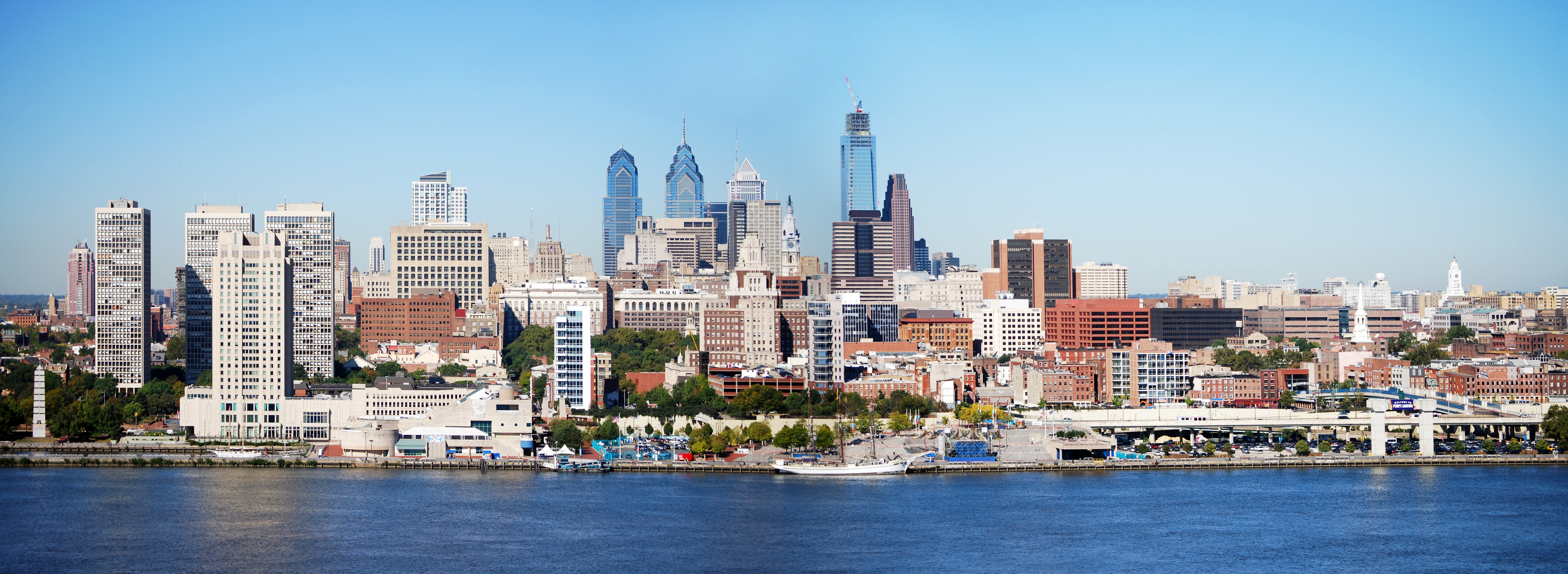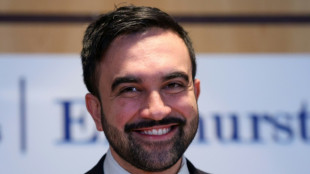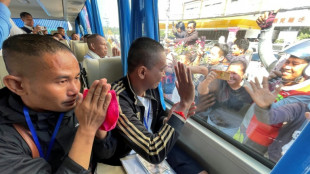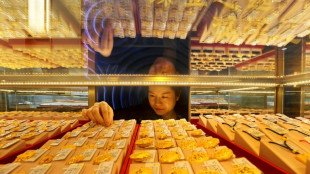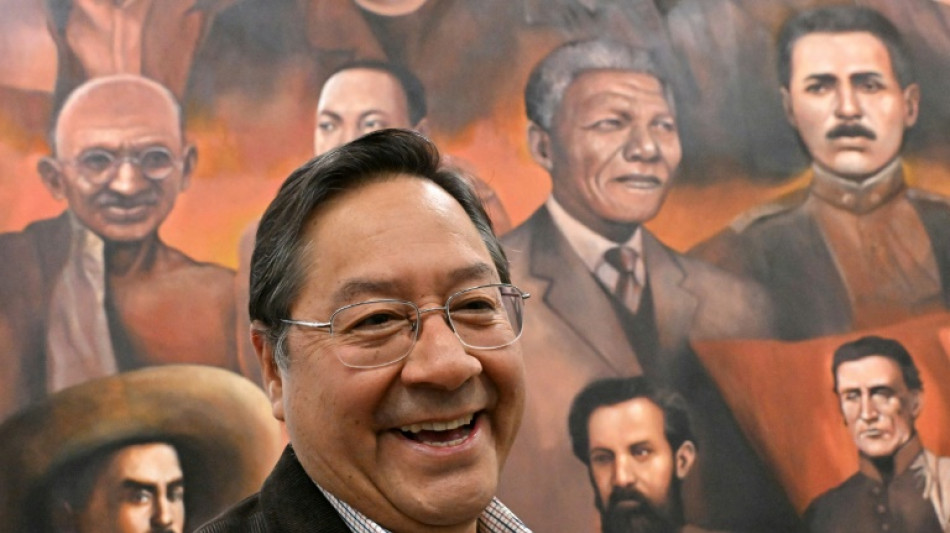

Bolivia risks debt default without new funding: president to AFP
Bolivia, battling an economic crisis that has plunged it into social unrest, risks defaulting on its loan payments if it does not obtain new foreign financing, President Luis Arce told AFP on Wednesday.
"We are trying not to default. We have every intention of paying our debt, but if we don't have the resources?" the embattled leader said in an interview in his office in La Paz.
Bolivia's external debt stands at $13.3 billion.
Its main creditors are the Inter-American Development Bank, the Development Bank of Latin America and the Caribbean (CAF), the World Bank, and China.
Arce has been unable to convince parliament to allow him to seek new loans to the tune of $1.8 billion from multilateral agencies.
The country needs $2.6 billion by December for fuel imports and external debt payments.
"We are making the worst deal as a country. Because when one has external debt, you pay the principal and interest to the creditor, and that outflow of dollars is compensated by the inflow of new disbursements from new debts, which is not happening," said the president.
Bolivia's debt represents over 37 percent of its gross national income, according to the World Bank. The last time the country defaulted was in 1984.
Arce has dismissed calls to stand down over an economic crisis marked by a dire shortage of foreign currency, fuel and other basics.
But he has said he will not seek reelection in August, with his approval rating at 9.0 percent -- one of the lowest in South America, according to survey body Latinobarometro.
- 'All his artillery' -
Bolivia, home to 12 million people and an Indigenous majority, is one of the poorest countries on the continent despite sitting on vast natural resources such as gas and lithium.
In 2023, state oil company YPFB said Bolivia was running out of natural gas -- a crucial export product -- due to a lack of investment in new exploration.
A dramatic drop in gas exports led foreign currency reserves to plummet, making Bolivia unable to import sufficient fuel -- which it subsidizes heavily for the domestic market -- for its needs.
Inflation in May was 18.4 percent year-over-year, the highest in nearly two decades, and the local currency, the Boliviano, continues to lose value.
Bolivia's woes have been compounded by a power struggle between Arce and ally-turned-foe ex-president Evo Morales, who has repeatedly brought his supporters onto the streets in the past year to demand the incumbent's resignation.
Arce, in office since 2020, has accused Morales -- who seeks a fourth term as president despite being legally barred -- of using the country's economic crisis for political gain.
At least four police officers and one protester were killed in clashes last week.
Arce told AFP Morales took aim at his government "with all his artillery" just as it was "beginning to take off."
Analysts believe Bolivia is in for a political shift after nearly two decades of leftist governance, with the right now ahead in polls.
R.Campbell--PI
